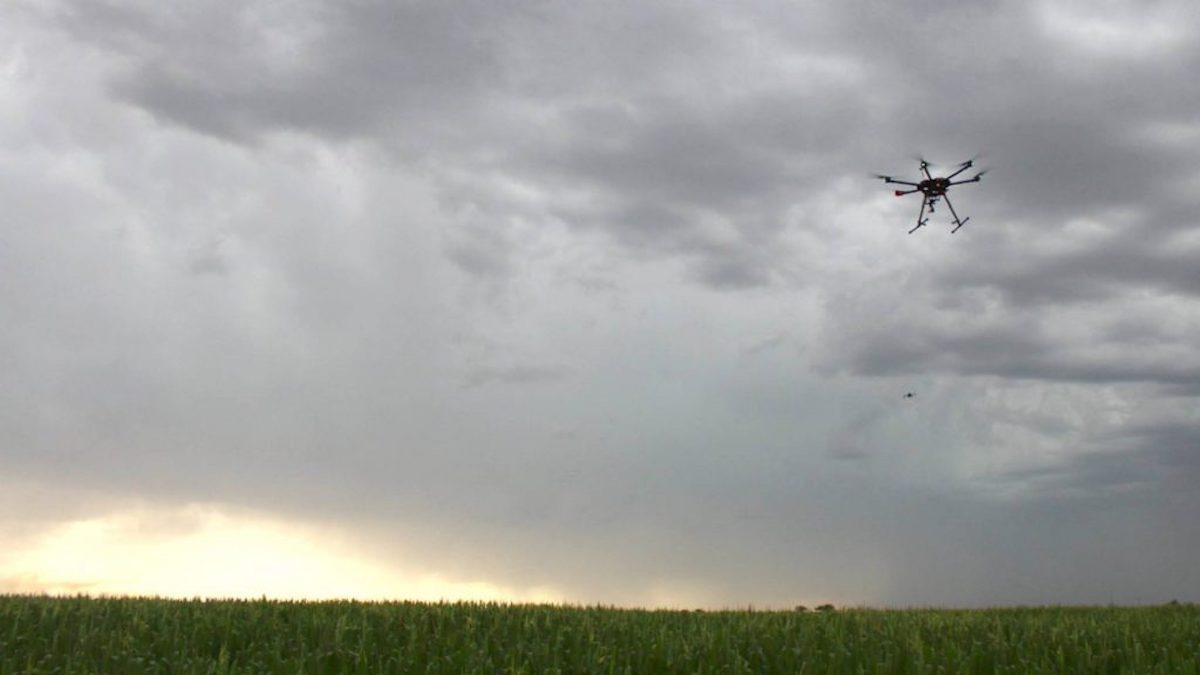-
Climate modelling – an overview

There are many types of climate models, and they vary widely in complexity.
-
A closer look at climate modelling
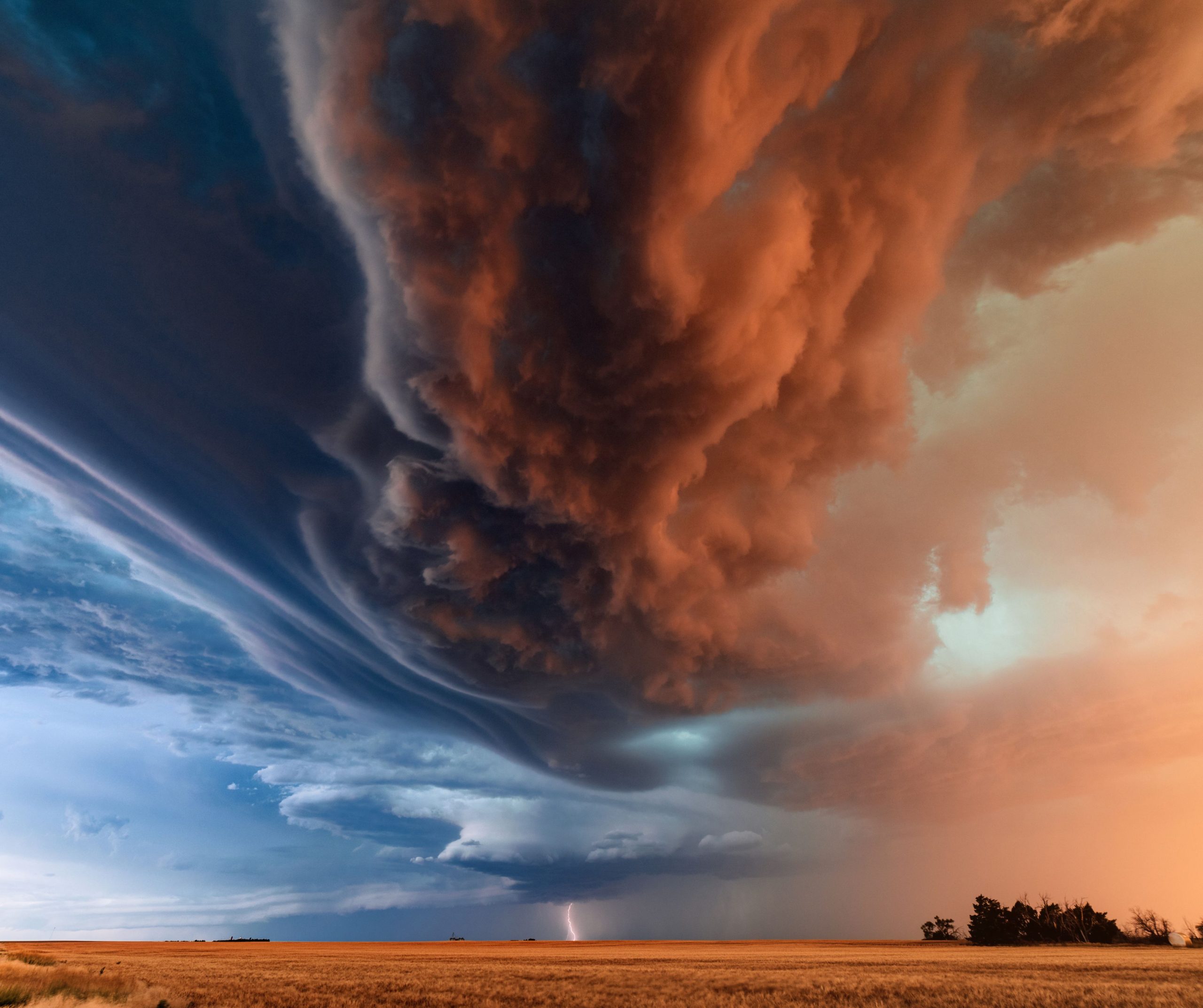
Climate models come in different forms and are used to understand the Earth’s future.
-
Research Brief: Seasonal and Interannual Variability of the Weddell Gyre
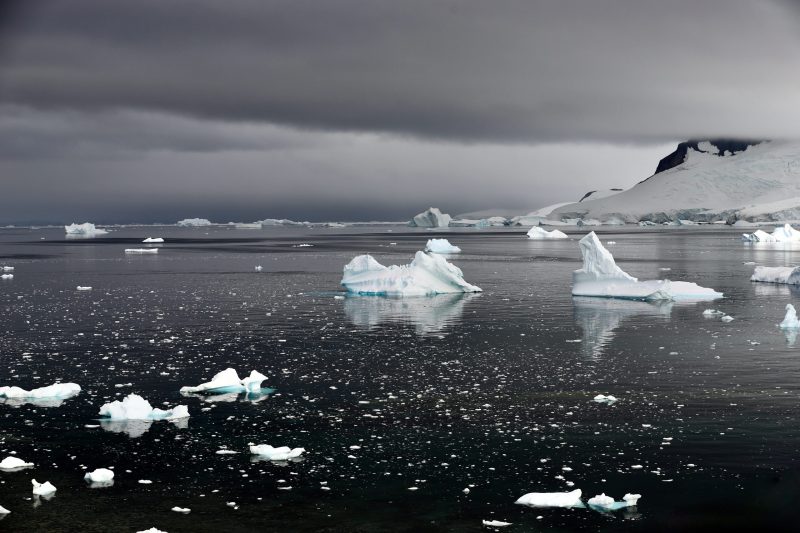
The Weddell Gyre, located east of the Antarctic Peninsula, is one of the largest features of the ocean circulation of the Southern Hemisphere. A deeper understanding of the dynamics in this remote region will shed light on the role of the gyre in our present climate and help us understand its potential evolution with climate…
-
Research brief: Ekman Streamfunction a strong indicator of overturning circulation strength & variability
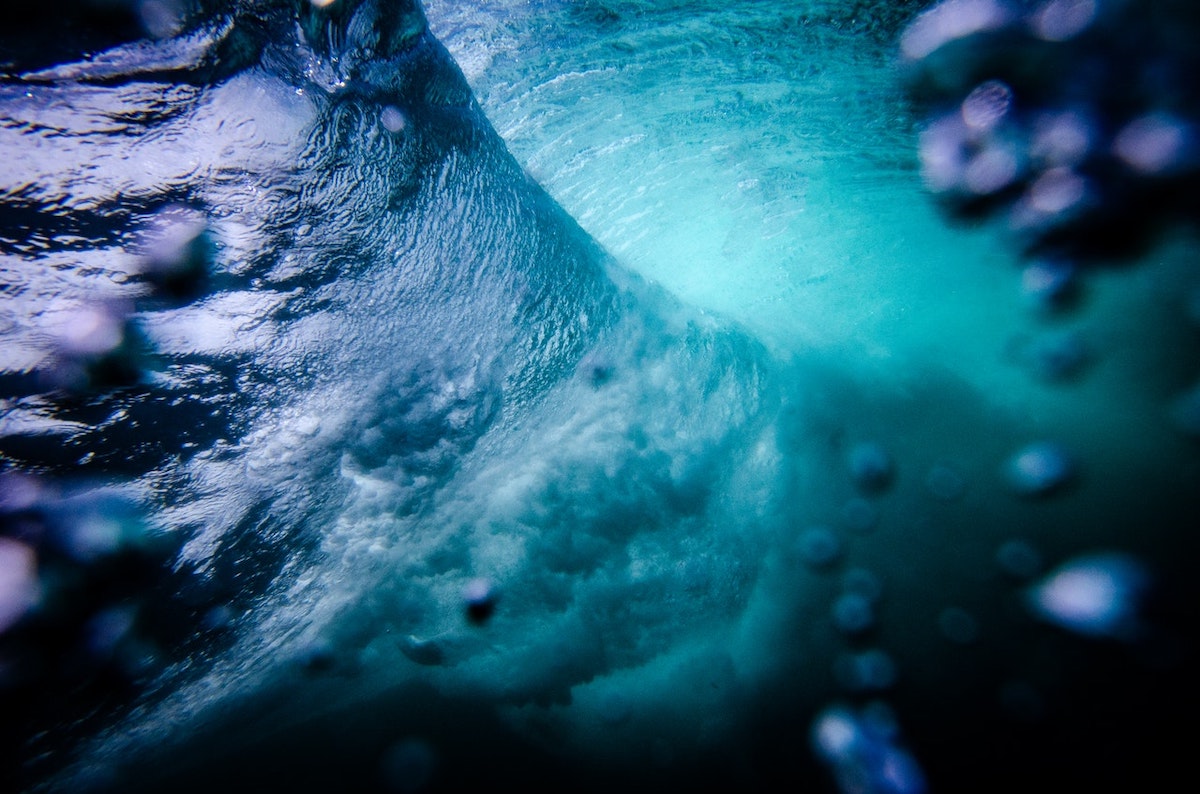
CLEX researchers used a state-of-the-art global ocean-sea-ice model to directly measure the overturning circulation, and through this to examine the relationship between the Ekman Streamfunction and the Southern Ocean overturning circulation.
-
Can the ocean’s intrinsic dynamics feedback on the atmosphere?
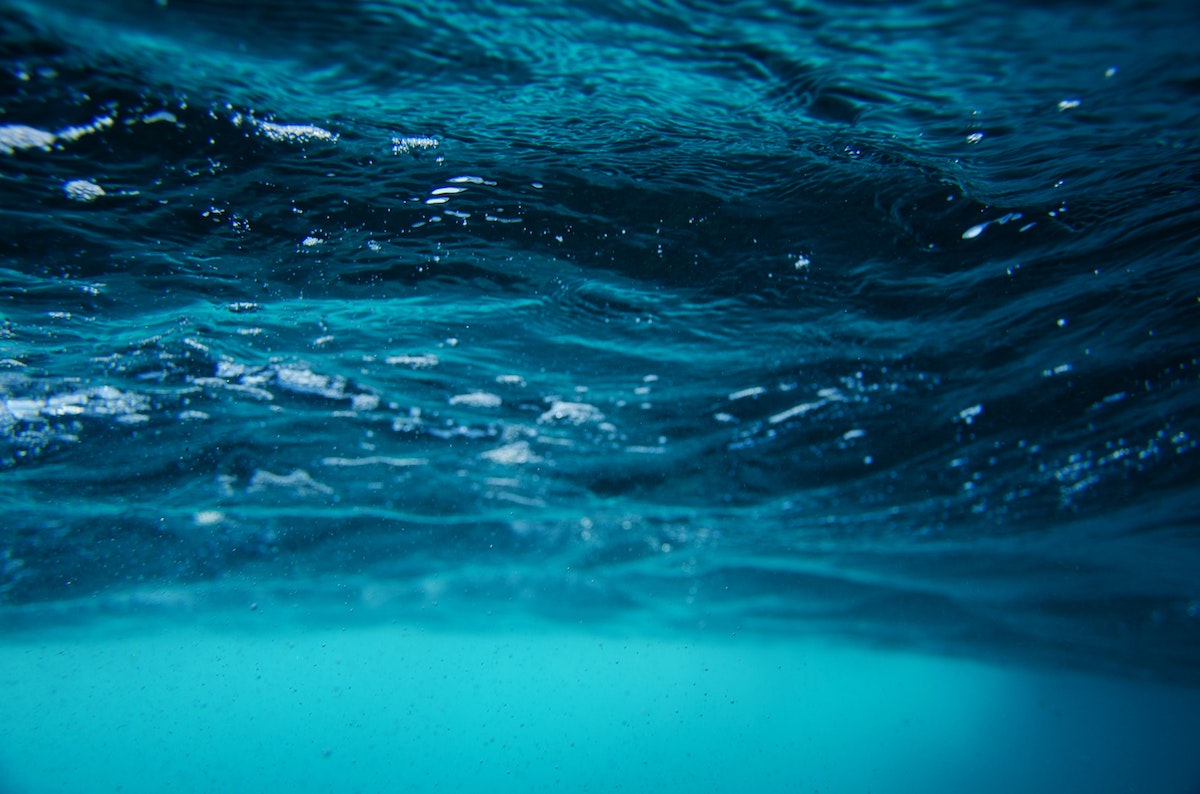
The ocean’s much larger heat capacity acts as “memory” suppressing the atmosphere’s “high-frequency variability” (over time scales of weeks) while producing oceanic motions that vary over longer time scales. This paradigm aims to explain how low-frequency variability emerges in the ocean. But, recently, this paradigm has been challenged.
-
Research brief: Urban heat island effect amplifies Sydney heatwaves
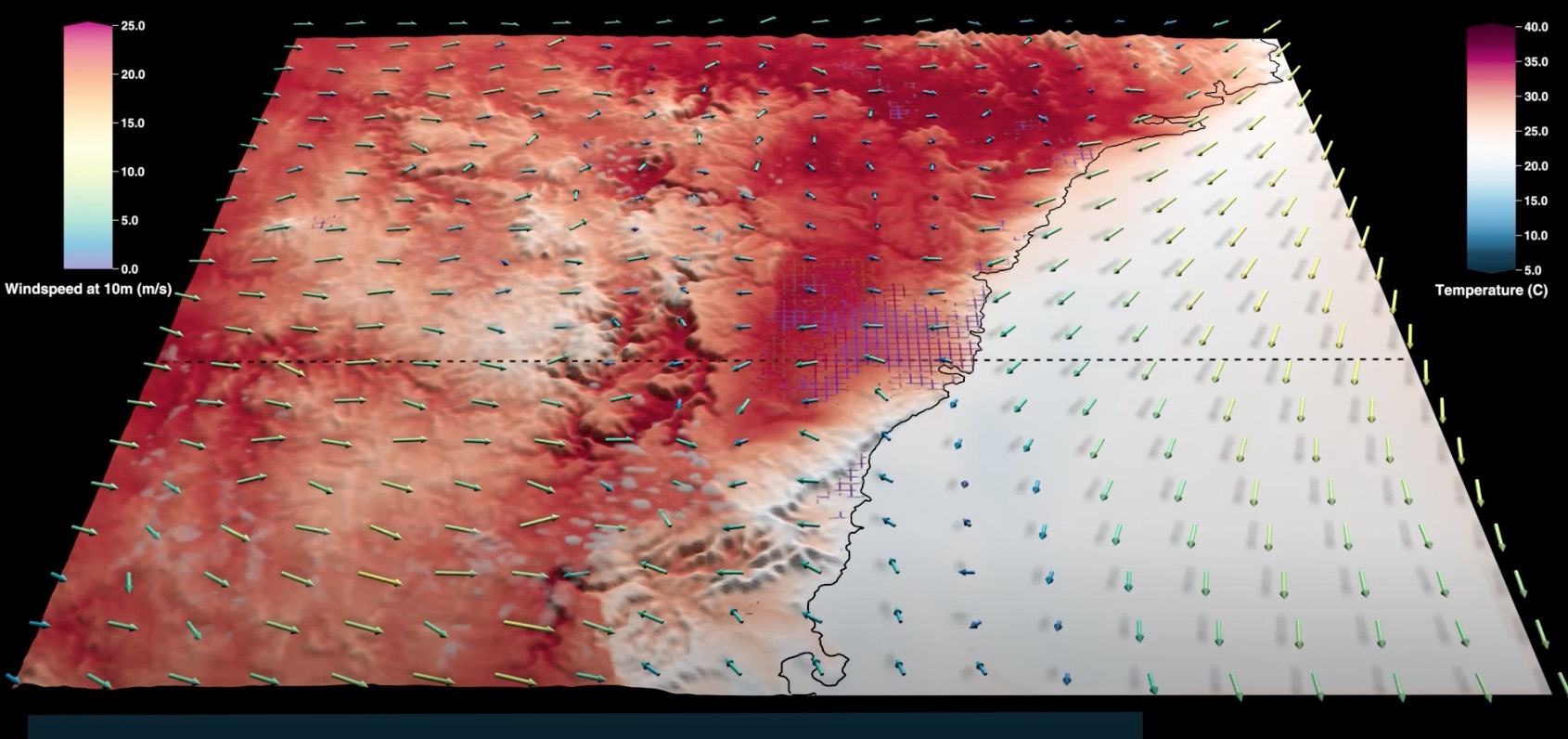
This research uses Sydney, Australia’s largest city, as a test case for our new configuration of the Weather and Research Forecasting model run at a very high resolution of 800 m with a new urban classification scheme that describes the complexity of Sydney’s built environment.
-
Research brief: An assessment of global fire-vegetation models
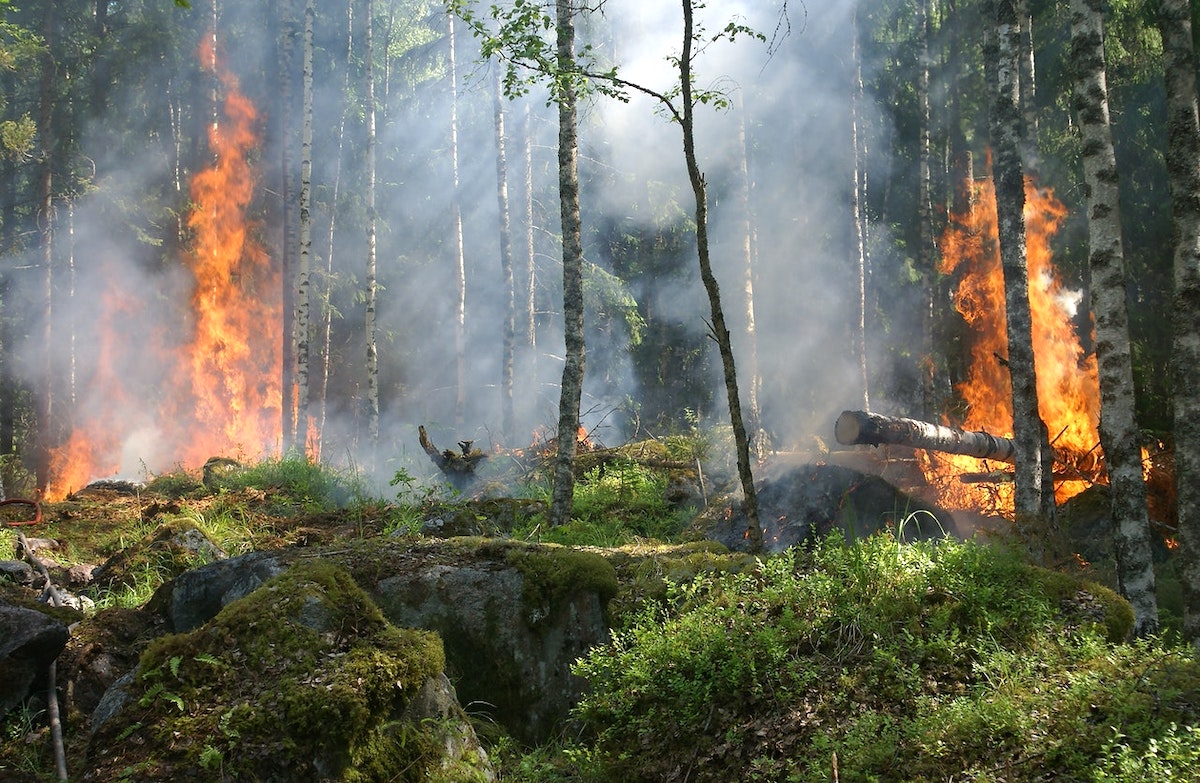
An international team of researchers performed a systematic evaluation of simulations made by nine FireMIP models in order to quantify their ability to reproduce a range of fire and vegetation benchmarks.
-
Research brief: Extreme events in SE Australia to increase in frequency by 2100
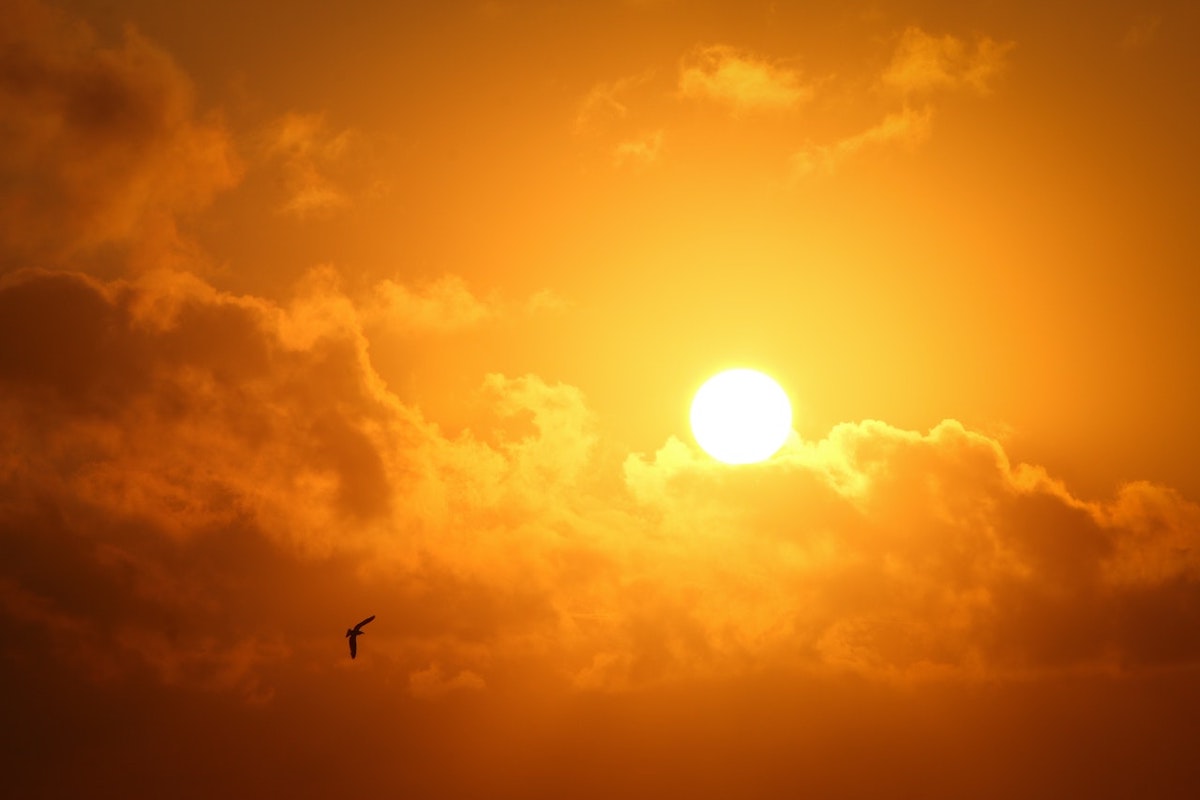
This paper used statistical techniques to investigate changes in extreme climate events that currently occur, on average, only once every 20 years. These techniques are applied to data related to heat, rainfall, drought and conditions conducive to bushfires and thunderstorms from detailed climate modelling commissioned by NSW and ACT Governments.

